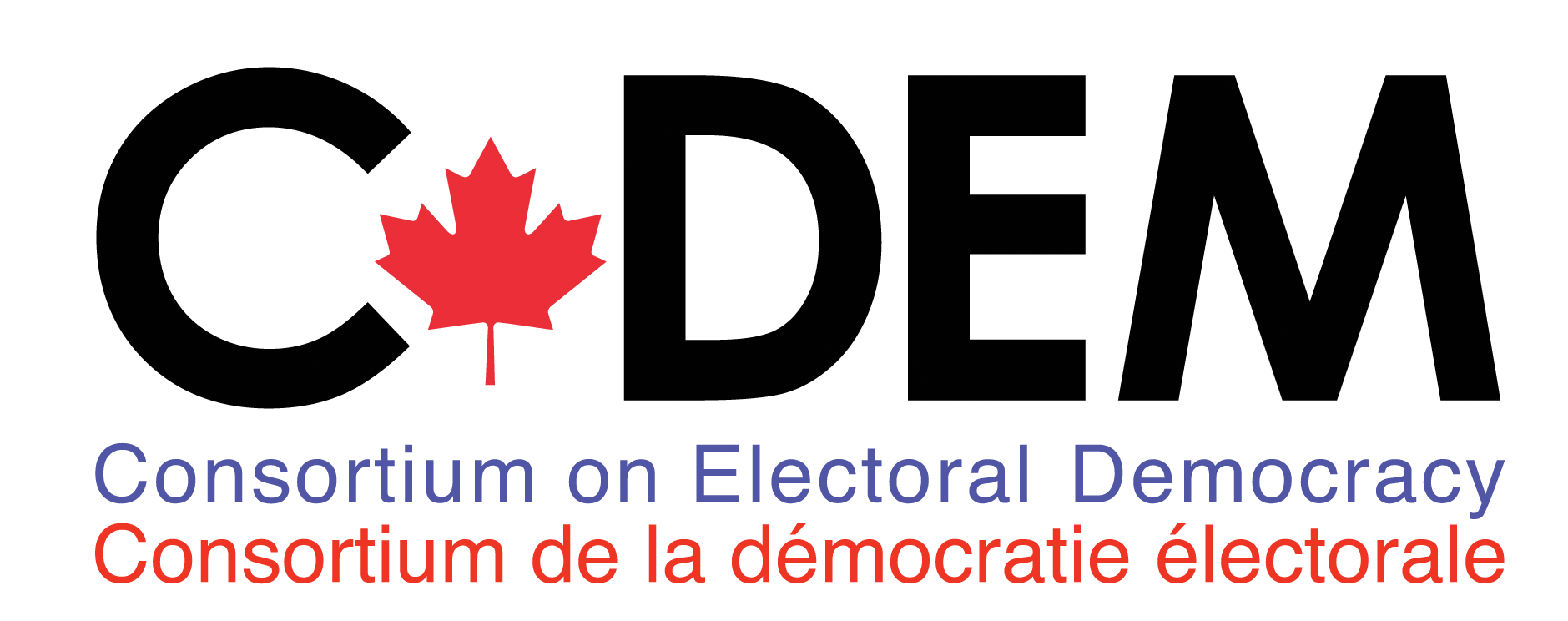Document Type
Report
Publication Date
2024
Abstract
Election surveys provide information about voters' attitudes and behaviours during a given pre- and postelectoral campaign. Despite years of research about the benefits and downfalls of utilizing online, nonprobability panels rather than more traditional probability methods, the question of which method is most appropriate for cost-conscious, rigorous research still needs to be answered. Online methods have clear advantages, including lower costs and the ability to interview more respondents quickly. However, there is still a hesitation to trust the accuracy of estimates returned from data gathered through non-probability methods. In this paper, we explore this question in detail by comparing a medium-sized probability telephone survey (n = 4,021) with a large-scale, online non-probability sample survey (n = 37,822), both conducted as part of the 2019 Canadian Election Study (CES). We focus on assessing which survey returns a more accurate estimate of Canadians’ characteristics and attitudes, taking into account mode and sample size considerations. To facilitate fair and targeted comparisons, we use two techniques— propensity score matching and bootstrapping—to evaluate the issues of sampling design and mode separately. We then consider whether size alone is a valuable benefit in favour of the online mode. Our findings reveal that when considering the effect of mode alone, estimations from the online survey are more accurate in predicting intentions to participate and vote choice. When considering the effect of sampling, the results confirm the precision of the online estimates in a Canadian election study. We also find that, regarding attitudes, the online sample is more consistently unbiased when predicting support for immigration. We ultimately conclude that adopting an Internet-only survey for Canadian electoral studies is a wise choice.




Notes
This report was prepared for the Consortium for Electoral Democracy (C-Dem) using the 2019 Canadian Election Study (Stephenson, Harell, Rubenson and Loewen, 2020). The views expressed in this report are solely those of the authors.